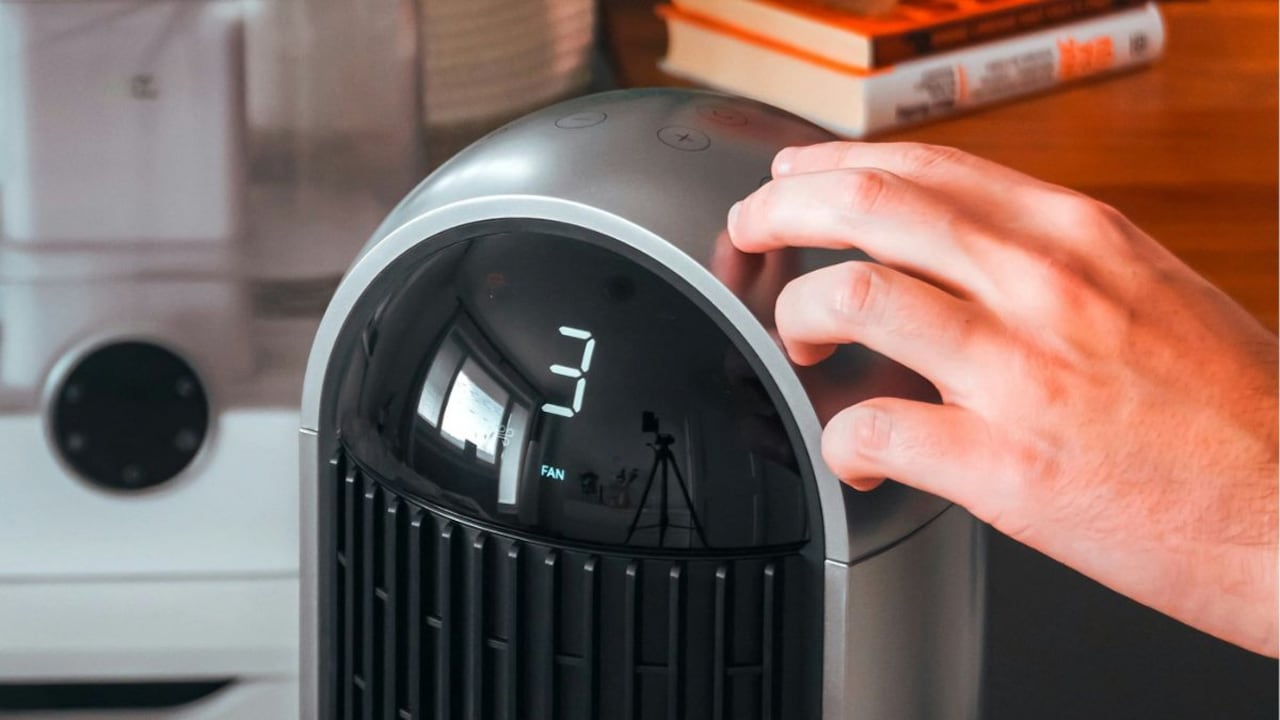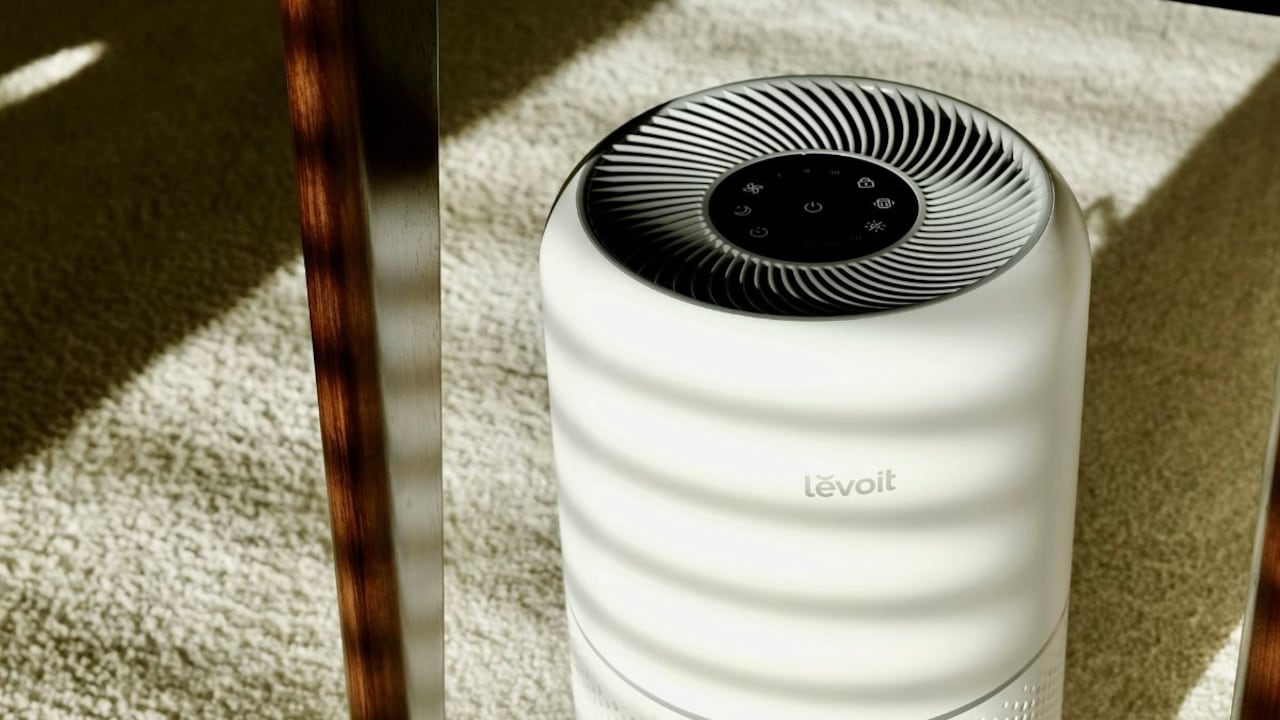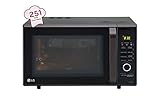Delhi AQI: How To Clean Your Air Purifier Filter To Avoid Seasonal Allergies
Learn how to clean your air purifier filter effectively to combat seasonal allergies in Delhi. Discover expert tips, cleaning schedules, and common mistakes to avoid during high pollution months.

Don't let your purifier become a pollutant, learn how to clean them regularly
As Delhi's air quality plunges into the hazardous categories today, residents are bracing for the upcoming smog season. With AQI levels crossing 300 in several parts of the city, including Wazirpur, Sirifort, and Anand Vihar, the capital is once again facing a public health emergency. For many, especially children, the elderly, and those with respiratory conditions, seasonal allergies are no longer a minor inconvenience, they're a serious health risk challenging day to day tasks.

Cleaning your air filter keeps your indoor air safe and breathable.
Photo Credit: Unsplash
In this context, air purifiers have become a staple in Delhi homes. But what many users overlook is the importance of cleaning the air purifier filter regularly. A neglected filter can turn your purifier into a pollutant source, circulating allergens back into your room. Here's why cleaning your air purifier filter is not just good practice, it's a necessity in Delhi's current climate.
Also Read: Delhi Air Pollution 2025: 5 Things To Check Before Buying An Air Purifier
Allergy And Annual Pollution Crisis
Delhi's air pollution is a complex mix of vehicular emissions, industrial discharge, construction dust, and seasonal crop burning. During early winter, temperature inversions trap these pollutants close to the ground, creating a toxic haze. According to many health reports, this may lead to a surge in cases of asthma, bronchitis, allergic rhinitis, and even cardiovascular issues.
Indoor air isn't much safer. A recent study by Delhi University and Jamia Millia Islamia titled "Microbial indoor air pollution in Delhi Metropolitan City is attributable to severe respiratory and general health effects among residents" found dangerously high levels of microbial pollutants inside homes, including fungal spores and bacteria like Staphylococcus and *Aspergillus*. These bioaerosols are potent allergy triggers, especially during seasonal transitions.
How Air Purifiers Help, And When They Don't

A clean filter helps your air purifier work at peak efficiency.
Photo Credit: Unsplash
Air purifiers equipped with true HEPA filters can capture up to 99.97% of airborne particles as small as 0.3 microns, including PM2.5, pollen, pet dander, and mould spores. However, their effectiveness drops sharply if the filters are clogged or improperly maintained.
In Delhi, filters can get saturated in approximately 15 days during peak pollution. A dirty filter not only reduces airflow but can also harbour bacteria and fungi, worsening indoor air quality.
Step-By-Step: How To Clean Your Air Purifier Filter
- Turn Off And Unplug The Unit: Safety first. Always disconnect the device before opening it.
- Remove The Filter Carefully: Avoid shaking it indoors. Take it outside if possible to prevent releasing trapped particles.
- Clean The Pre-Filter: Most pre-filters are washable. Rinse with lukewarm water or vacuum gently. Dry thoroughly before reinserting.
- HEPA Filter Maintenance: There are two types of HEPA filters available in the market.
- Non-washable HEPA filters: Vacuum gently if allowed, but replace every 3 to 6 months in Delhi.
- Washable HEPA-type filters: Rinse gently and air dry completely.
- Activated Carbon Filters:These usually aren't washable. Replace every 3 to 6 months. Some can be refreshed by placing in sunlight.
- Clean the Housing and Sensors: Use a soft cloth or cotton swab to clean dust sensors and fan blades. Polluted sensors can give false readings.
- Reassemble and Reset: Put everything back in place and reset the filter indicator if your model has one.
How Often Should You Clean It In Delhi?
Given the city's pollution levels, follow this schedule:
| Filter Type | Action | Frequency |
|---|---|---|
| Pre-Filter | Wash/ Vaccum | Every 1-2 Weeks |
| HEPA (non-washable) | Replace | Every 3-6 months |
| HEPA (washable) | Rinse and Dry | Monthly |
| Carbon Filter | Replace | Every 3 Months |
| Sensors and Housing | Wipe Clean | Monthly |
Common Mistakes To Avoid
- Donot use tap water on non-washable filters, you may permanently damage them.
- Donot skip drying time. A moist filters can grow mould and act as a catalyst in other health complications while filtering air
- Never use generic or non-branded replacements for your air purifier. They may leak air, emit odours, or reduce efficiency of filteration.
- Avoid running the purifier with windows open, this reduces effectiveness and allows continuous entry of dust and pathogens
Top Tips For Allergy Prevention
- Run purifiers 24/7 in bedrooms and living areas
- Seal windows and doors during peak pollution hours (early morning and late nights)
- Use multiple units for large homes or multi-room flats
- Avoid incense and candles during this season, they worsen indoor air quality
- Pair with other measures like HEPA vacuuming and anti-dust bedding
In a city where stepping outside can feel like inhaling smoke, maintaining clean indoor air is a form of self-defence. Cleaning your air purifier filter is a simple, cost-effective way to reduce exposure to allergens and pollutants. It's not just about breathing easier, it's about protecting your lungs, your immunity, and your family's well-being.
As Delhi prepares for another winter of smog, this small act of maintenance could be your biggest shield against seasonal allergies.
Frequently Asked Questions (FAQs)
1. How often should I clean my air purifier filter?
During peak pollution months, you should clean pre-filters every 1 to 2 weeks and replace HEPA filters every 3 to 6 months.
2. Can I wash my HEPA filter?
Wash you HEPA filter only if it's labelled washable. Most HEPA filters are not washable and should be replaced as per manufacturer guidelines.
3. What happens if I don't clean my air purifier filter?
A clogged filter reduces efficiency, circulates trapped pollutants, and may worsen allergy symptoms or respiratory issues.
4. Is it safe to vacuum air purifier filters?
Yes, for pre-filters and some HEPA filters. Use a soft brush attachment and avoid damaging the filter surface.
5. Can air purifiers help with Delhi's smog?
Air Purifiers can reduce indoor exposure to PM2.5, pollen, and allergens, but should be used with sealed windows and regular maintenance.
























